Music
What is the Intent of our Music curriculum?
Our Music Curriculum ensures that every pupil receives a very high standard of music education through the creating, performing and engagement of music. We have a thriving musical culture at Braunton Academy where the department adopts an ‘every child is a musician’ approach, providing challenge and leadership activities for those students who have instrumental lessons as well as adapted, accessible learning opportunities for students with a more limited experience of the subject. We view music as a way to be heard, listened to and seen.
Students at Braunton Academy are given the opportunity to perform, listen to, review and evaluate music across a range of historical periods, genres, styles and traditions, including the works of great composers and musicians. We aim to develop in our students the power to express their emotions, individuality and creativity.
The department is proud to offer a wealth of experiences that stretch far beyond the taught curriculum. Our community concerts and productions allow students to showcase their excellent work in the performing arts. The curriculum is supported and nurtured by a peripatetic instrumental and singing program where students can opt to have lessons in any instrument. To promote access to these lessons disadvantaged students’ families are entitled to a 25% subsidy for these lessons. The above experiences combine to improve students’ overall musicianship, creativity, and confidence, while enhancing their cultural capital and ability to work as a team.
How do we deliver our curriculum?
-
Our curriculum builds on prior learning through close transition liaison with partner primary schools. All partner schools will have had at least a term of whole class instrumental lessons and the opportunity to perform at an academy event before arriving in Year 7.
-
At KS3, the department provides learning opportunities divided into four key musical areas: listening, composing, performing and singing. Topics are chosen carefully to enable students to learn about music from different styles, cultures and traditions. At KS4, the department offers an AQA GCSE Music course.
-
Schemes of work include learning that challenges students of all abilities. Experienced instrumentalists are given more complicated parts and leadership roles, while less experienced students are given scaffolded resources such as notation/keyboard guides, chord charts etc.
-
Opportunities for students to be independent learners are built into students’ work from Year 7 with an emphasis on personal practice and group co-operation. Through regular practice, students learn the benefits of resilience and perseverance.
-
Regular formative and summative assessment provide key opportunities for feedback to inform students of their next steps in learning.
-
The curriculum is delivered using the 21st Century Trivium model (grammar, dialectic, rhetoric) so that students can think about applying key concepts such as chords and apply them in a range of musically challenging contexts.
-
At the end of each term students are given the opportunity to reflect using metacognitive and cognitive strategies to establish how successful they have been and to think about what they need to do to improve.
-
A rich programme of enrichment and extra-curricular activities gives students even more scope to apply what they have learnt. These include: choir, orchestra, rock school and the BAR (Braunton Academy Records) label.
What is the impact of our curriculum?
-
Students will have acquired the knowledge, skills and understanding in Music to ensure that they enjoy and make good progress in their learning.
-
Data tracking in each academic year will identify progress of individual learners and key groups and will trigger appropriate interventions if required.
-
Detailed analysis of GCSE (and equivalent) courses will inform future planning, teaching, and learning.
-
Annual departmental reviews, including work scrutiny, will establish strengths and weaknesses leading to RAG-rated departmental development plans.
-
Regular reflection on the appropriateness of the curriculum will ensure teaching, learning and assessment is appropriate and challenging.
-
Monitoring ‘engagement in learning’ outcomes will reveal students’ attitude and motivation towards their learning as being good or better.
-
Feedback from parents and members of the community following concerts and events will be positive.
-
Analysis of participation trends in relation to extra-curricular activities will be positive.
What will students learn in Year 7?
Topics
Elements of Music - Singing & the voice
The Orchestra & The Western Classical Tradition
The Four Chord Song
In year 7, students are introduced to the elements of music and improving their vocal skills. Students develop a foundational knowledge of: Harmony; Tonality; Texture; Melody; Timbre; Dynamics; Instrumentation; Pitch; Structure; Form; Rhythm; Metre. They learn to use their voice safely and comfortably while singing and vocalising parts from a pop, rock and folk repertoire. Students are also introduced to musical notation and study a well-known piece from the Western Classical Tradition. They go on to compose music and create original ideas using both instruments and cloud-based sequencing software.
What will students learn in Year 8?
Topics
Film Music
Blues Music
An Introduction to Music Technology
In Year 8, students build on their knowledge of the elements of music and analyse various film scores. They then go on to compose their own film score to a short scene chosen by their teacher. Students also study the history and key components of Blues music, discovering the historical context of the style/genre and its significance in modern music. Students learn to play the 12-bar blues pattern and go onto compose their own blues song taking on the themes of racism, hardship, oppression, and social justice associated with the movement. At the end of the year students consolidate their knowledge and create a piece of music using sequencing software that may contain both MIDI instrumentation and/or real instruments.
What will students learn in Year 9?
Topics
Soul Music
Reggae Music
Music Technology / Production
Composing: HipHop and EDM music
Students begin by taking part in a large class performance of the song ‘Stand by Me’. They perform the song while studying the links between blues, soul, and gospel music as well as touching on the commercial film application of the song. Experienced musicians can take a lead role by performing solos and leading/coaching other musicians. They go on to work in groups writing their own song to a four-chord song template. Students then combine all their knowledge and experience for a final performance at the end of the year. These final pieces are often performed in the Summer Concert in front of parents, staff and the wider school community.
GCSE Course
All students in Key Stage 4 are taught for 5 hours per fortnight.
Current Examination Board: Eduqas
Course Objective
During the course, students develop their interest and understanding of how music is created and developed, including developing skills in composing and performance. Music also helps to develop broader life skills and attributes including critical and creative thinking, self-confidence and self-motivation.
The focus of learning in the Eduqas GCSE Music course is provided by four Areas of Study:
Area of Study 1: Musical Forms and Devices
Area of Study 2: Music for Ensemble
Area of Study 3: Film Music
Area of Study 4: Popular Music
Course Content and Assessment Pattern
Controlled Assessment is worth 60% of the overall grade and is split into two sections:
Composition Tasks (30%)
-
Students explore a range of compositional starting points and investigate a range of techniques to develop and manipulate ideas and turn them into two pieces of music, one of which must be linked to the Strand of Learning as specified by the exam board and a free choice for the second.
-
Students can use their own instruments to create their composition, or Music Technology (e.g. Cubase or Sibelius), or a combination of both. If students’ instrumental skills are not as accomplished as their compositions, someone else can perform them.
-
The compositions can be ANY type of Music (including Blues, Jazz, Pop, Rock, DubStep etc.).
Performance Tasks (30%)
-
Students will submit one solo performance piece and one ensemble performance piece both worth 15%.
-
The solo can be a performance on ANY instrument.
-
The ensemble can be a performance on ANY instrument as part of an ensemble.
Examination
The Listening Paper is worth 40% of the overall grade. This takes place at the end of Year 11 and is a 90-minute paper. Students will listen and respond to questions based on short musical excerpts, drawing on music from all areas of study and set works as well as unfamiliar music.
Pre-requisites to take GCSE Music
-
A commitment to music that goes beyond students’ timetabled lessons (studying, practising and rehearsing in their own time).
-
Ability to play an instrument or sing.
-
A willingness to listen to different styles of music.
-
Be willing to get involved in musical performances - either as a performer or behind the scenes.
-
Be able to meet deadlines (complete your assignments and Controlled Assessments within the specified timeframes).
Instrumental Tuition
The Academy has a range of visiting peripatetic teachers who offer tuition on: strings; woodwind; brass; drum kit; piano; voice; guitar and bass guitar. Lessons vary in price depending on the teacher. Students receiving instrumental tuition are expected to take part in at least one extra-curricular activity once an adequate standard has been reached. Subsidies are available – see Charging and Remissions policy for more details.
Other activities/trips/events
*Trips to Music festivals, concerts and workshops
*School musical every 2 years
Homework / Independent Learning / Enrichment activities
For KS4, Homework is on the Class Charts website and usually involves practising or rehearsing; preparing material for lessons to follow; researching specific types of music and/or instruments/technologies; or evaluating students’ own work.
Extra-curricular and Enrichment Opportunities
The following clubs/opportunities are on offer throughout the year for students that wish to get involved in musical enrichment opportunities.
School Choir
Vocal ensemble - all voices welcome and no audition necessary. We perform at public events throughout the year including the Mix Festival and school concerts.
Guitar and Ukulele group
Ran by the Academy’s Guitar teacher, this group do joint pieces; but some students come along to learn solo numbers/duets. All guitarists and ukulele players welcome, even if you’re a beginner!
Jazz Band – Invite only
Mixture of traditional and contemporary Jazz/pop hits. Students need approximately Grade 3 on their instrument or voice.
Theory club
For students interested in developing their knowledge of music theory and potentially taking a grade.
Useful Links


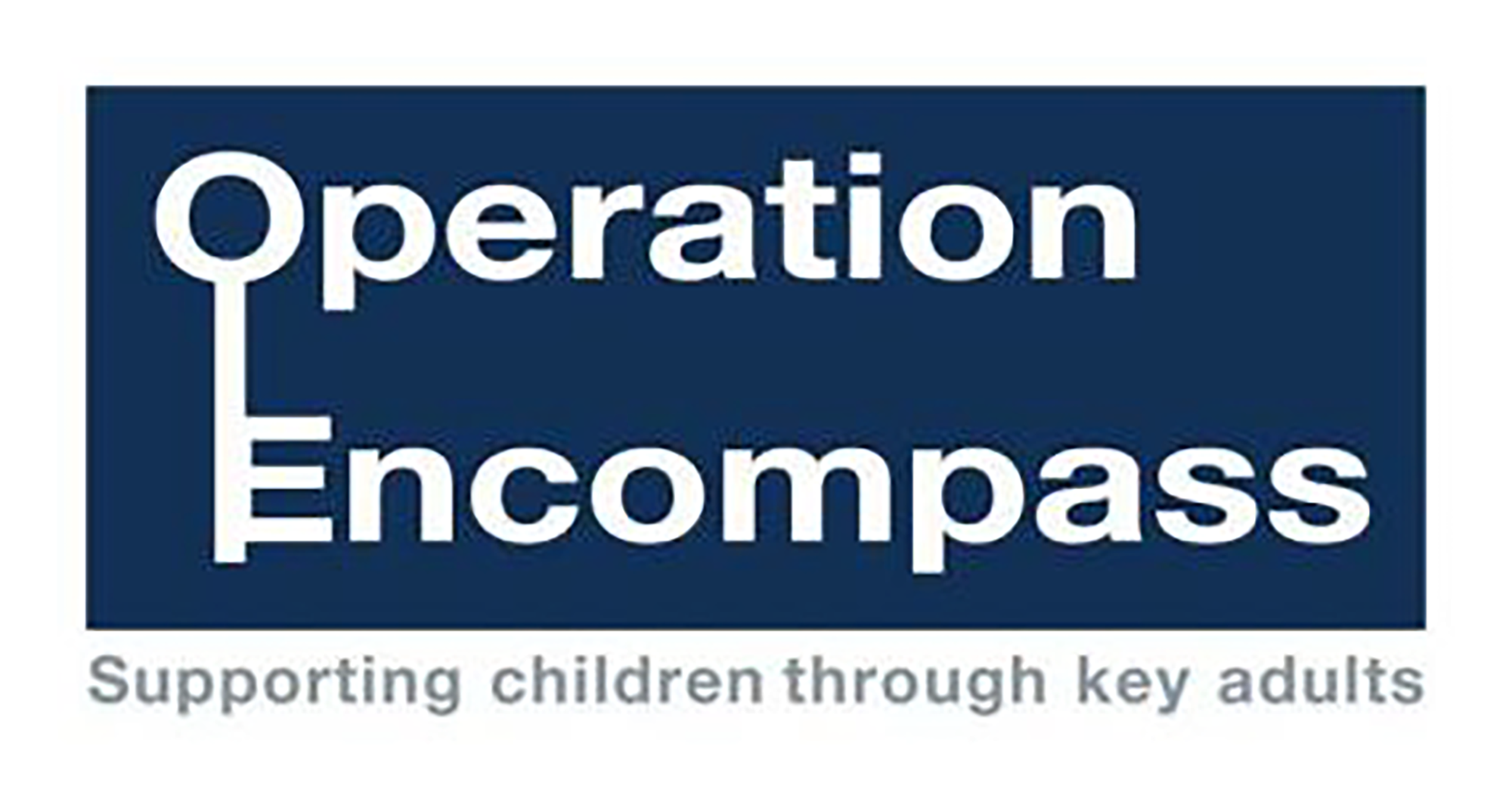 encompass
encompass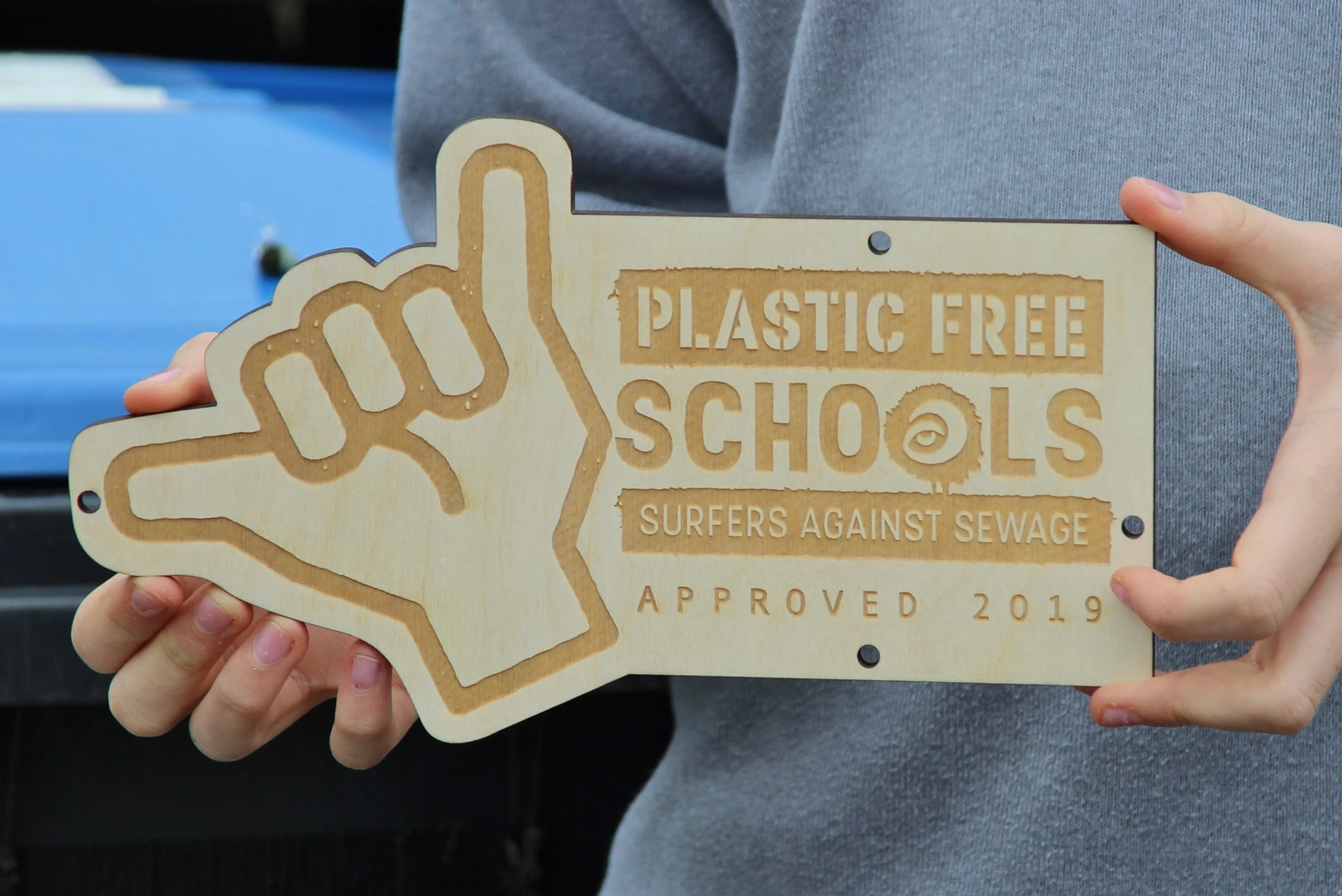 plastic free schools
plastic free schools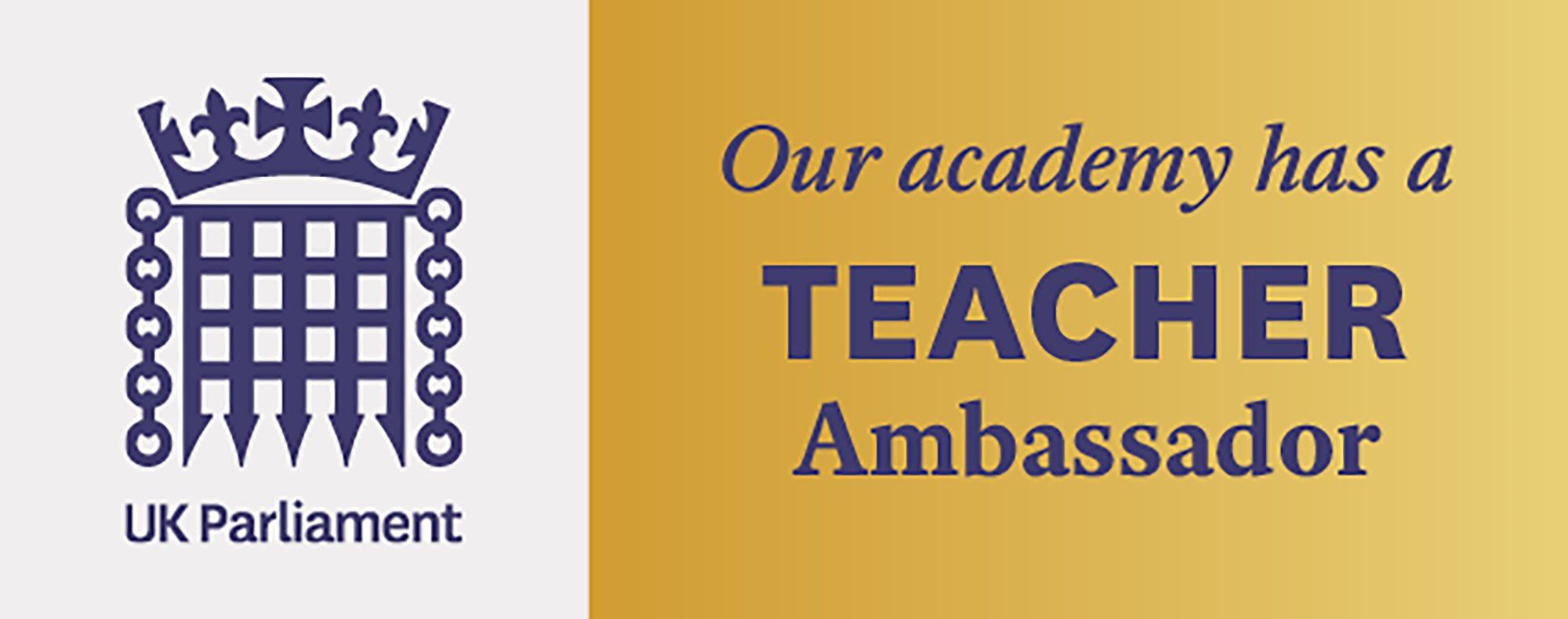 Teacher ambassador
Teacher ambassador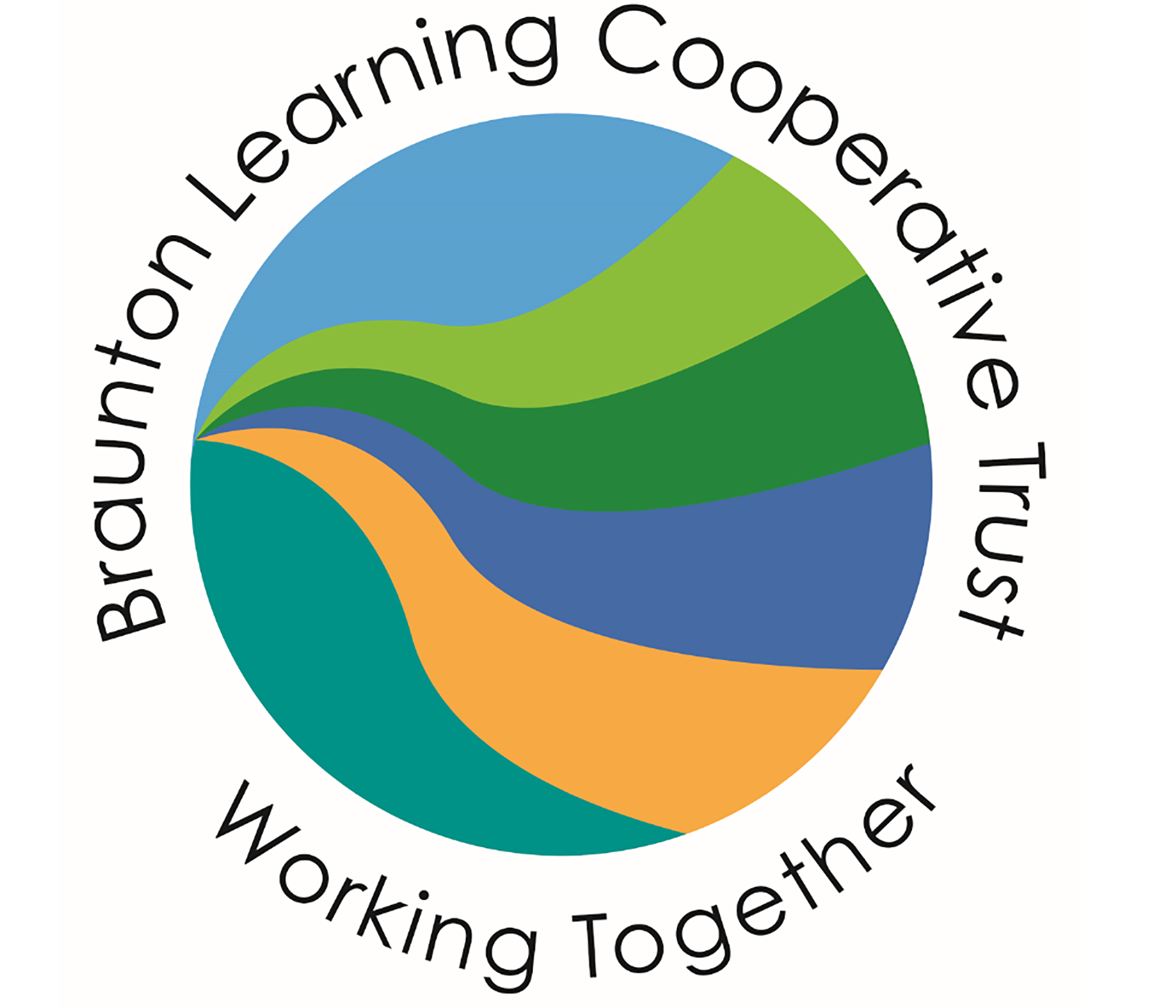 Learning cooperative trust
Learning cooperative trust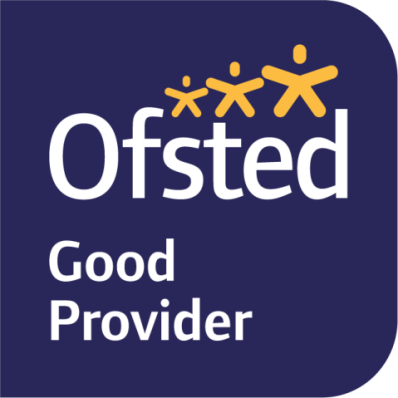 Ofsted logo
Ofsted logo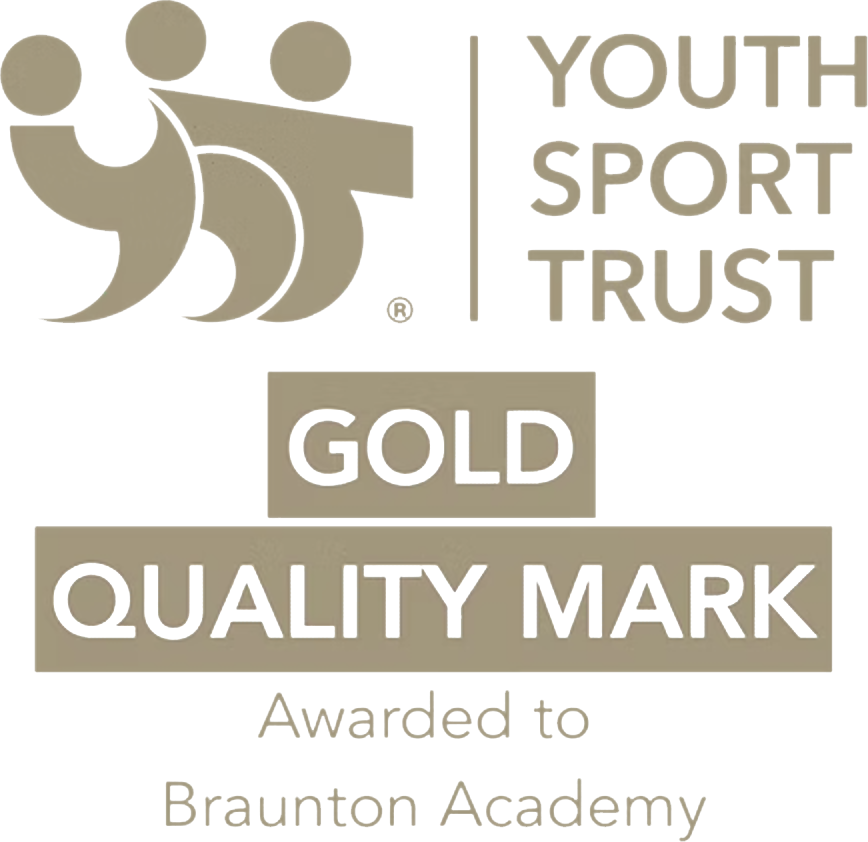 Youth Sport
Youth Sport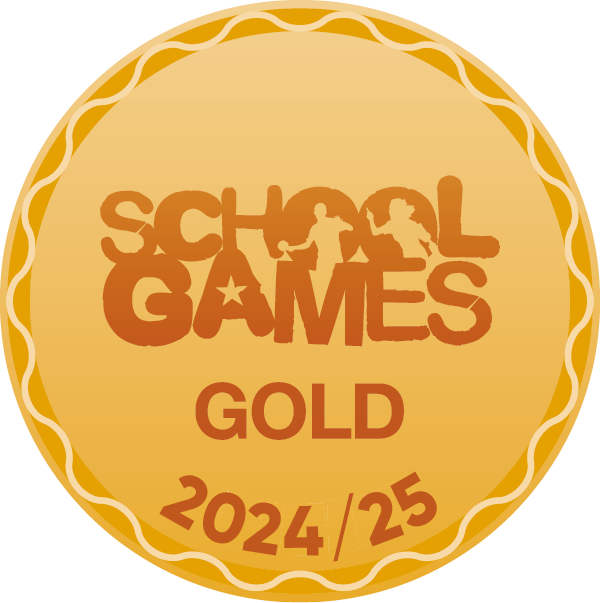 School Games Gold Award
School Games Gold Award